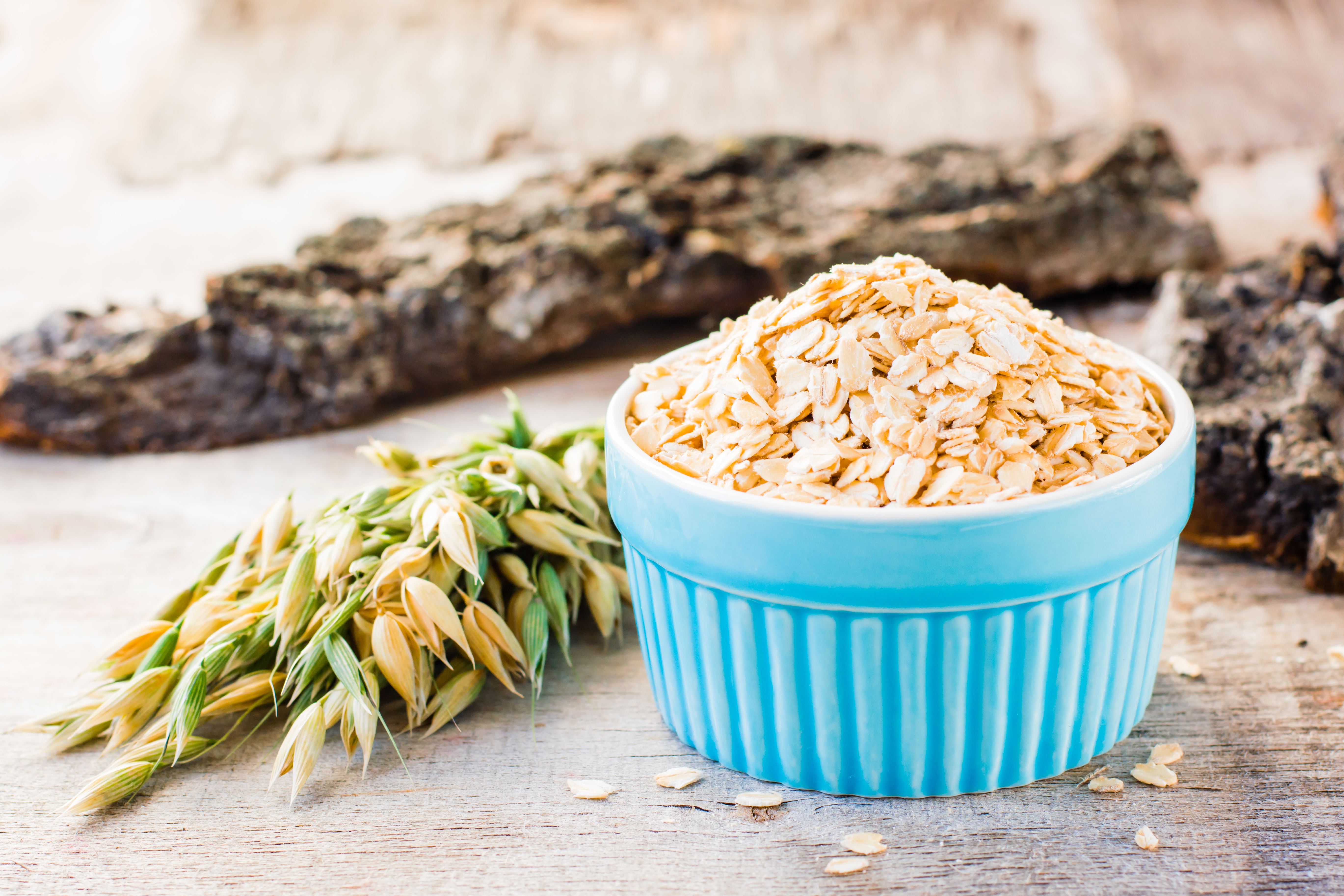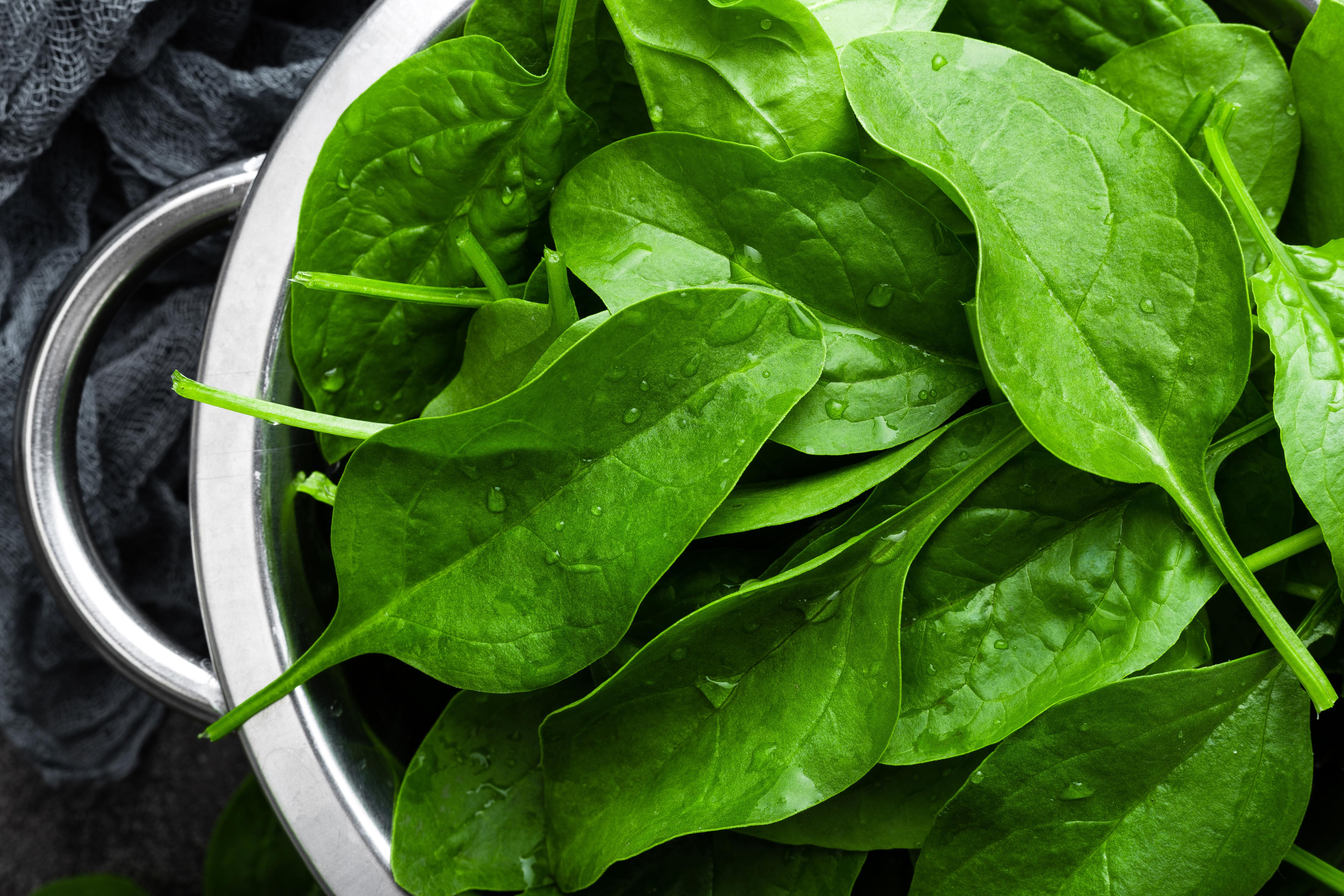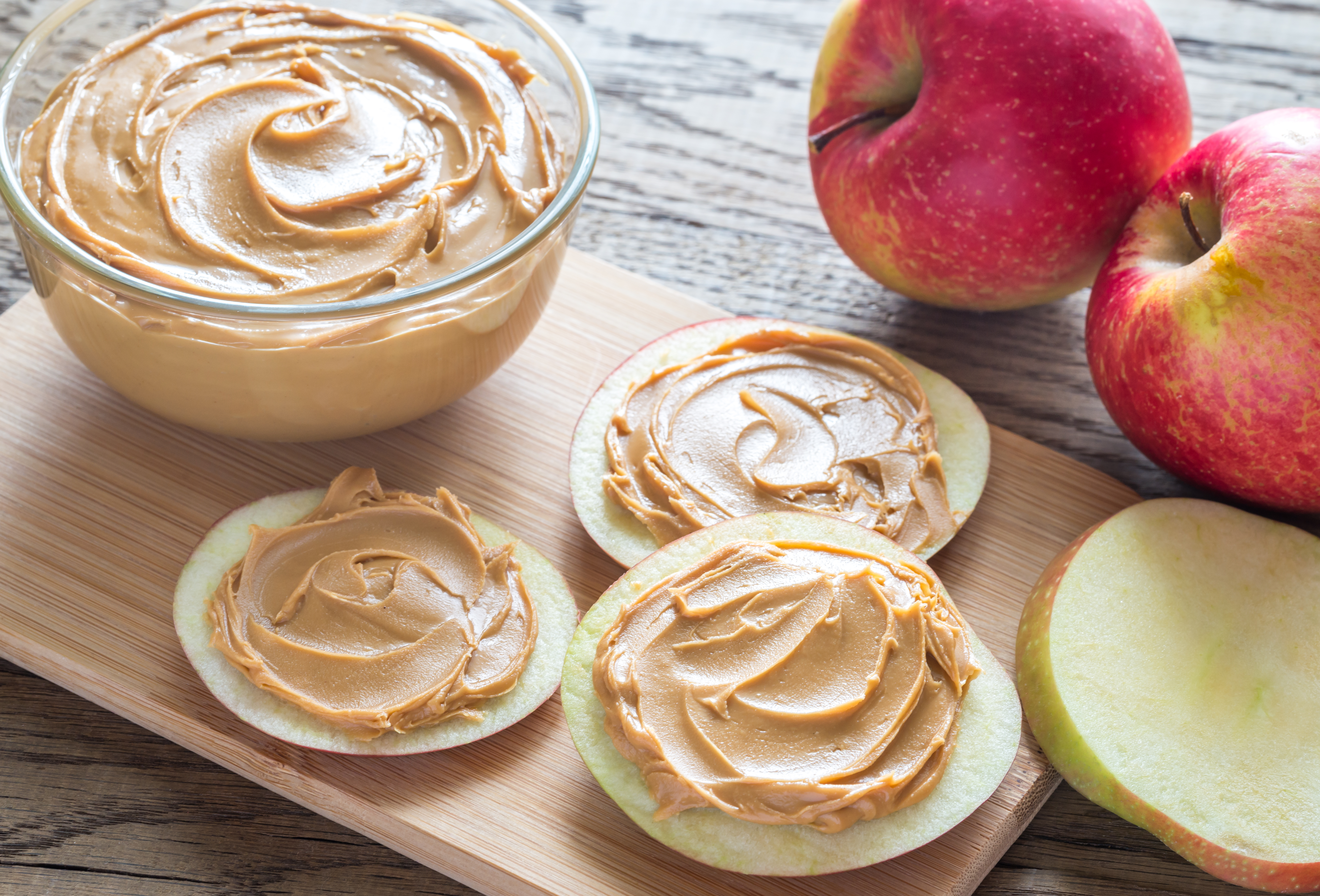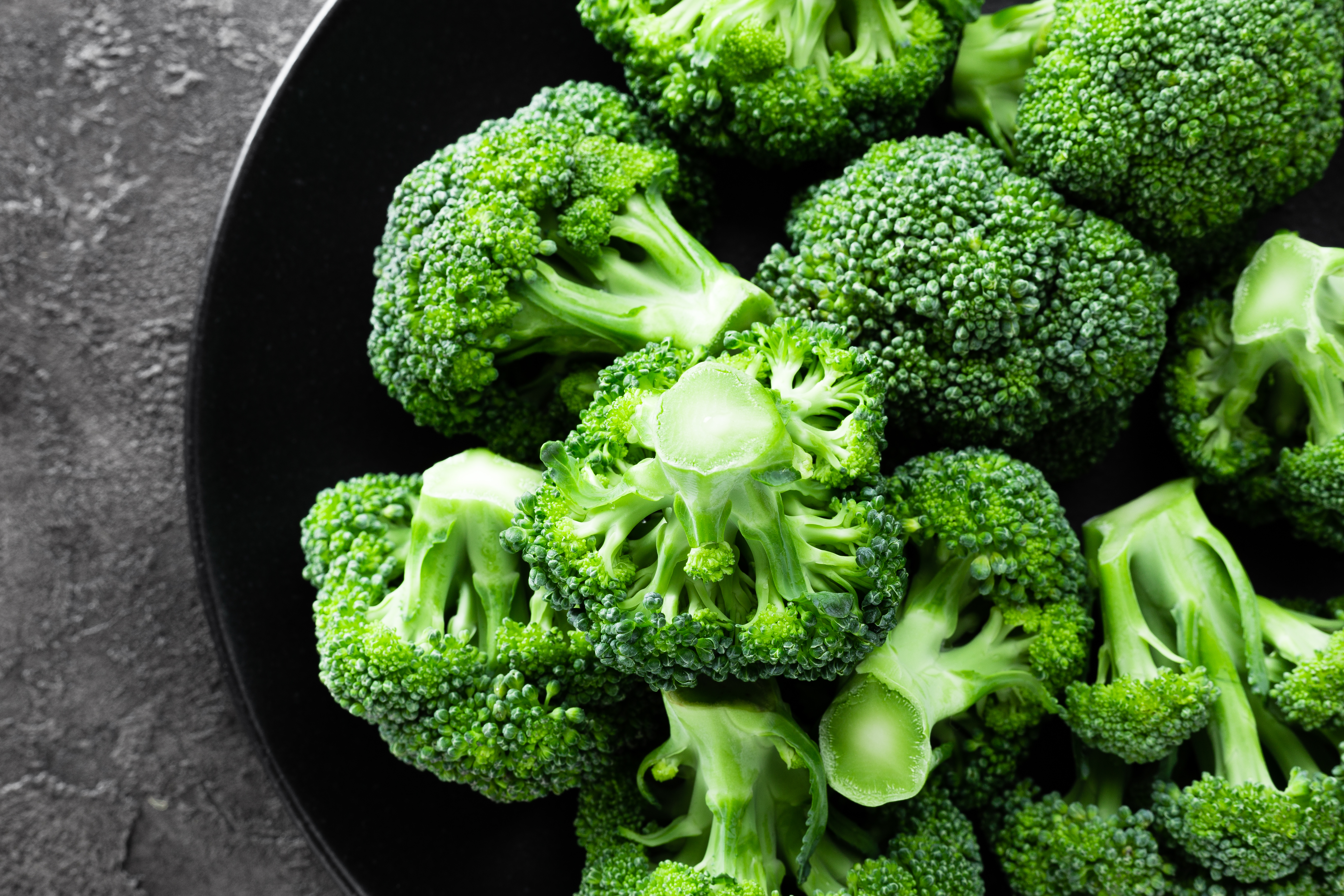12 Everyday Foods with Secret Health-Boosting Abilities
In the quest for optimal health, many people turn to exotic and expensive ingredients touted as superfoods. However, lurking in your pantry and refrigerator are everyday foods that pack a surprising nutritional punch. These unsung heroes of the culinary world offer a wealth of health benefits that often go unnoticed. This article explores 12 such superfoods, revealing their hidden virtues and how they can contribute to a healthier lifestyle. As we delve into each section, you’ll discover how these common foods can transform your meals into nutrient-rich powerhouses. Prepare to be amazed by the potential of what you already have in your kitchen.
1. The Unassuming Power of Oats

Oats, a staple in many households, are often overlooked as a superfood. Rich in soluble fiber, particularly beta-glucan, oats can significantly lower cholesterol levels and improve heart health. This humble grain is also a great source of antioxidants, such as avenanthramides, which have anti-inflammatory and anti-itching properties. Regular consumption of oats can stabilize blood sugar levels, making them an excellent choice for those managing diabetes. Moreover, oats are incredibly versatile, easily incorporated into a variety of dishes from breakfast porridge to savory risottos, expanding their utility beyond the breakfast table.
2. The Surprising Benefits of Potatoes

Often dismissed as mere comfort food, potatoes are a nutritional powerhouse that deserves more attention. Packed with vitamins C and B6, potassium, and fiber, they support immune function, heart health, and digestion. The resistant starch found in potatoes acts as a prebiotic, promoting the growth of beneficial gut bacteria. This starch also helps in regulating blood sugar levels by slowing digestion. For maximum health benefits, consume potatoes with their skins, where much of the fiber and nutrients reside. Whether baked, boiled, or mashed, potatoes can be a healthy addition to your diet when prepared mindfully.
3. The Nutritional Might of Eggs

Eggs are often hailed for their protein content, but their benefits extend far beyond that. They are rich in essential nutrients like choline, which supports brain health and development. Eggs also contain lutein and zeaxanthin, antioxidants that protect eye health and reduce the risk of cataracts and macular degeneration. Despite past concerns about cholesterol, studies have shown that moderate egg consumption does not adversely affect heart health for most people. Versatile and easy to prepare, eggs can be enjoyed in a myriad of ways, making them a convenient and nutritious choice for any meal.
4. The Versatility of Beans

Beans are a nutritional treasure trove, offering a rich source of plant-based protein, fiber, and essential nutrients like iron and folate. Their high fiber content supports digestive health and helps maintain a healthy weight by promoting a feeling of fullness. Beans also have a low glycemic index, making them an excellent food choice for managing blood sugar levels. With so many varieties available, from black beans to chickpeas, they can be incorporated into countless dishes. Whether in soups, salads, or stews, beans are a versatile ingredient that can enhance both the nutritional value and flavor of your meals.
5. The Hidden Strength of Yogurt

Yogurt is more than just a tasty snack; it’s a probiotic-rich food that supports gut health. The live bacteria cultures in yogurt can improve digestion and boost the immune system. Yogurt is also an excellent source of calcium and vitamin D, which are crucial for bone health. For those who are lactose intolerant, yogurt can be a more digestible alternative to milk due to its lower lactose content and the presence of lactase-producing bacteria. Whether enjoyed on its own or as part of a dish, yogurt is a delicious way to enhance your diet with beneficial nutrients.
6. The Underestimated Value of Nuts

Nuts are often avoided due to their high-calorie content, but they are nutrient-dense foods that provide healthy fats, protein, and a variety of vitamins and minerals. Regular consumption of nuts has been linked to reduced risk of heart disease, improved cholesterol levels, and better weight management. They are rich in antioxidants and can help reduce inflammation in the body. From almonds to walnuts, each type of nut offers unique health benefits. A small handful of nuts can be a satisfying and nutritious snack, or they can be added to salads, cereals, and baked goods for an extra boost of nutrients.
7. The Unexpected Benefits of Garlic

Garlic is renowned for its ability to enhance the flavor of dishes, but it also offers numerous health benefits. Rich in allicin, garlic has powerful antibacterial and antiviral properties. It can boost the immune system, helping the body to fight off infections more effectively. Garlic is also known to reduce blood pressure and improve cholesterol levels, contributing to heart health. Additionally, its antioxidant properties help protect the body from oxidative stress and inflammation. Incorporating garlic into your diet is easy, as it can be added to a wide range of savory dishes, from soups to stir-fries.
8. The Nutrient-Rich World of Spinach

Spinach is a leafy green that offers a wealth of nutrients, including iron, calcium, and vitamins A, C, and K. Its high antioxidant content helps combat oxidative stress and inflammation. Spinach also contains nitrates, which have been shown to improve blood flow and reduce blood pressure. This versatile vegetable can be enjoyed raw in salads, sautéed as a side dish, or blended into smoothies for a nutrient boost. With its mild flavor and impressive nutritional profile, spinach is an easy and delicious way to enhance the health benefits of your meals.
9. The Surprising Superpower of Carrots

Carrots are often associated with eye health due to their high beta-carotene content, which the body converts into vitamin A. This essential vitamin supports vision, immune function, and skin health. Carrots are also rich in fiber, promoting digestive health and helping to maintain healthy cholesterol levels. Their natural sweetness makes them a versatile ingredient in both savory and sweet dishes. Whether eaten raw, roasted, or blended into soups and smoothies, carrots are a delicious and nutritious addition to any diet.
10. The Health Benefits of Tomatoes

Tomatoes are a staple in many cuisines, valued for their flavor and versatility. They are rich in lycopene, an antioxidant linked to reduced risk of heart disease and certain cancers. Tomatoes also provide vitamins C and K, potassium, and folate, supporting overall health and wellness. Cooking tomatoes increases the bioavailability of lycopene, making cooked tomato products like sauces and soups particularly beneficial. Whether fresh, canned, or cooked, tomatoes are a delicious way to enhance the nutritional value of your meals.
11. The Unexpected Nutrients in Apples

Apples are a convenient and popular snack, but they are also packed with nutrients that support health. Rich in fiber, particularly pectin, apples promote digestive health and help regulate blood sugar levels. They are also a good source of vitamin C and various antioxidants that protect the body from oxidative stress. The polyphenols in apples have been linked to improved heart health and reduced risk of chronic diseases. Whether eaten fresh, baked, or blended into smoothies, apples are a versatile and nutritious addition to any diet.
12. The Surprising Strength of Broccoli

Broccoli is a cruciferous vegetable that offers a wealth of health benefits. It is rich in vitamins C and K, fiber, and antioxidants like sulforaphane, which has been shown to have anti-cancer properties. Broccoli also supports heart health by improving cholesterol levels and reducing inflammation. This versatile vegetable can be enjoyed raw, steamed, roasted, or added to a variety of dishes, from stir-fries to casseroles. With its impressive nutritional profile, broccoli is a powerful addition to any healthy diet.
Embracing the Everyday Superfoods

As we’ve explored, many everyday foods offer surprising health benefits that often go unnoticed. By incorporating these superfoods into your diet, you can enhance the nutritional value of your meals without the need for exotic or expensive ingredients. From oats and potatoes to spinach and broccoli, these common foods provide a wealth of nutrients that support overall health and wellness. Embrace the potential of these everyday superfoods and transform your meals into delicious and nutrient-rich experiences. By doing so, you’ll not only improve your diet but also support a healthier, more vibrant lifestyle.